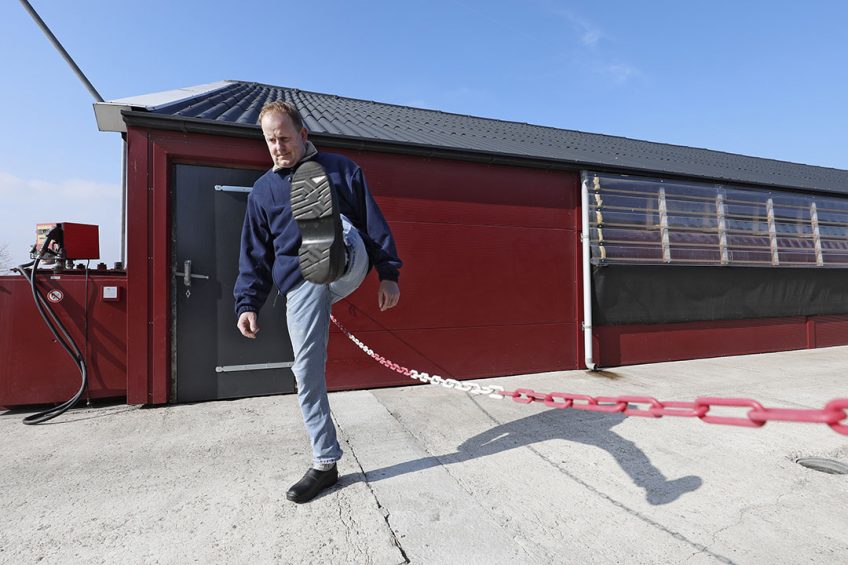Compulsory poultry housing measures to end in parts of UK

Chief Veterinary Officers (CVOs) from across the UK have announced that compulsory poultry housing measures are to be lifted at the end of the month.
The move follows the publication of a new risk assessment which says the risk of Avian Influenza (AI) incursion in both wild and kept birds has been reduced to medium. There have been more than 20 outbreaks of bird flu in Great Britain since the first cases of the winter were reported at Frodsham, Cheshire and near Deal, Kent last November. Housing measures were introduced on 14 December 2020. However, as the risk of outbreaks is likely to persists for several weeks, enhanced biosecurity requirements that were brought in as part of the nationwide Avian Influenza Protection Zone (AIPZ) in November will remain in place.
Poultry farmers are being advised to prepare the ranges and outdoor areas ahead of birds being let out on 1 April. This will include:
- Cleansing and disinfection of hard surfaces
- Fencing off ponds or standing water
- Reintroducing wild bird deterrents
Farmers will also be expected to take extra precautions including cleaning and disinfecting equipment and vehicles, limiting access to non-essential people on site, and asking people who come into contact with birds to change their clothing and footwear before entering bird enclosures.
Great effort into keeping flocks safe
The 3 CVOs said in a joint statement that poultry keepers had put great effort into keeping their flocks safe this winter: “We have taken swift action to contain and eliminate this disease and all bird keepers – whether they have just a few birds or thousands – must continue to do their bit to maintain strict biosecurity measures on their premises so that we do not lose the progress that we have made over the last few months.”
Avian influenza
Avian influenza is an issue for poultry producers worldwide. With this interactive map, Poultry World tracks the outbreaks and keeps you up-to-date on the latest information. Check it out…
Aimee Mahony, NFU chief poultry adviser, said it would be a great relief to farmers with free-range flocks that they will be able to give birds access to the outside range area after 3 months indoors. “While the threat of AI has decreased, it is still incredibly important that everyone who keeps birds remains vigilant and continues to follow enhanced biosecurity measures, whether they are a commercial farmer or a somebody with one hen in the garden.”













